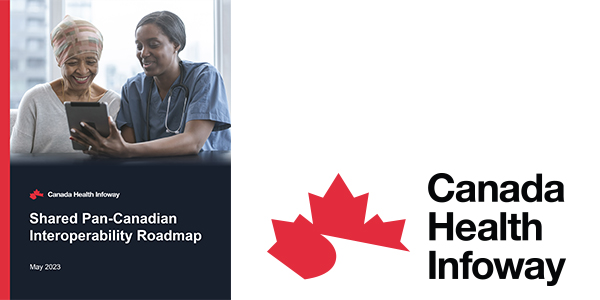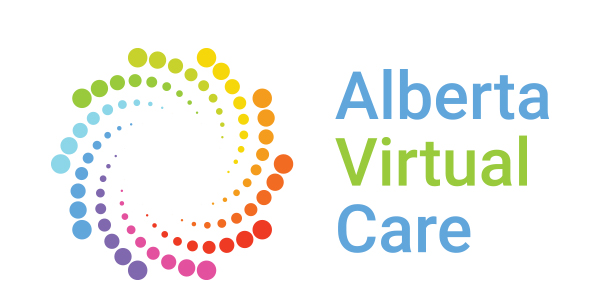Connected care
Connected care jtseng_masterConnected Care offers a future where patients don’t need to repeat their medical history or prescriptions to every health care provider they visit. A future where referrals are sent electronically without patient follow-up. A future where patients and families play a meaningful role in treatment and ongoing care.
The key to this future is information flow. Too often, diagnosis and treatment information cannot follow a patient from a family doctor to a specialist, or from a clinic to a hospital. Accurate, up-to-date information helps health care providers to deliver safe and effective care. Sharing this information should not be the responsibility of the patient or family.
Improving information flow across the health care system is at the heart of Connected Care, and the Canadian Institute for Health Information (CIHI) and Canada Health Infoway (Infoway) play pivotal roles in this effort. Good information flow relies upon 2 conditions:
- Consistent documentation of patient information across all health care settings, ensuring that patient data is accurate, up to date and accessible wherever care is provided.
- Robust technical standards and protocols that enable seamless exchange of information between different health care systems, ensuring that data can be sent and received efficiently and securely.
These 2 elements are essential not only in Canada, but also in many countries worldwide where these goals are being actively pursued to improve health care outcomes and patient safety.
Strategic partnerships: CIHI and Infoway
CIHI and Infoway are key organizations leading the advancement of digital health and health information across Canada. In March 2023, Infoway launched the Shared Pan-Canadian Interoperability Roadmap, a blueprint developed with federal, provincial and territorial partners to achieve seamless and secure data exchange in health care.
CIHI's Pan-Canadian Health Data Content Framework is the first building block of the Roadmap and sets the data standards that ensure consistency and accuracy in health information, which are vital for various health system needs. Together, Infoway and CIHI's efforts, including the development of national data and data exchange standards, will support the uninterrupted and accurate exchange of health information across Canada, aligning with Health Canada's vision for a modern, integrated health care system.
We’d love to hear from you
Connected care can only be accomplished by working together. People with lived experience and their families, Indigenous Peoples, clinicians, care providers, technology vendors and industry partners, researchers, provincial and territorial governments, federal departments, pan-Canadian health organizations, international standards and digital health organizations must all have opportunities to influence and drive this work. CIHI is creating a series of consultations, and everyone is invited to provide ideas and feedback. Your voice matters!
Advancing connected care in Canada
Learn more about advancing connected care across the nation.
Pan-Canadian Health Data Content Framework
Learn about the products being developed to support the implementation of Connected Care.
Products of the Pan-Canadian Health Data Content Framework
View and download Pan-Canadian Health Data Content Framework products.
Open review
Share your voice on work in progress.
Featured material

Shared roadmap
The Conference of Deputy Ministers of Health endorsed the Shared Pan-Canadian Interoperability Roadmap, setting a path forward for Canada’s digital health system transformation.

Interoperability Saves Lives
This report by the Alberta Virtual Care Coordinating Body focuses on a patient-centred health system approach for better patient care and improved health outcomes.

Data Disarray
This report by the Alberta Virtual Care Coordinating Body uncovers the challenges within Canada’s fragmented health data policies and how they hinder the core principles of the Canada Health Act.
Contact us
Get involved
If you have questions about this initiative, would like to be added to our stakeholder notification list or would like to participate in our consultations, please email us.

